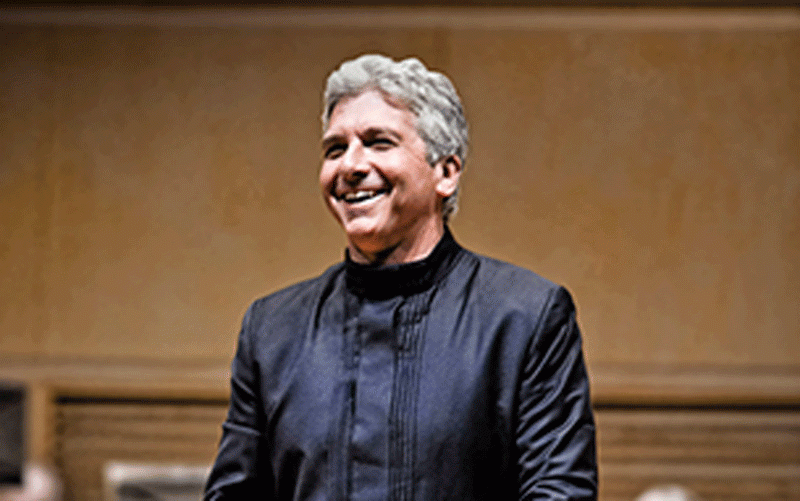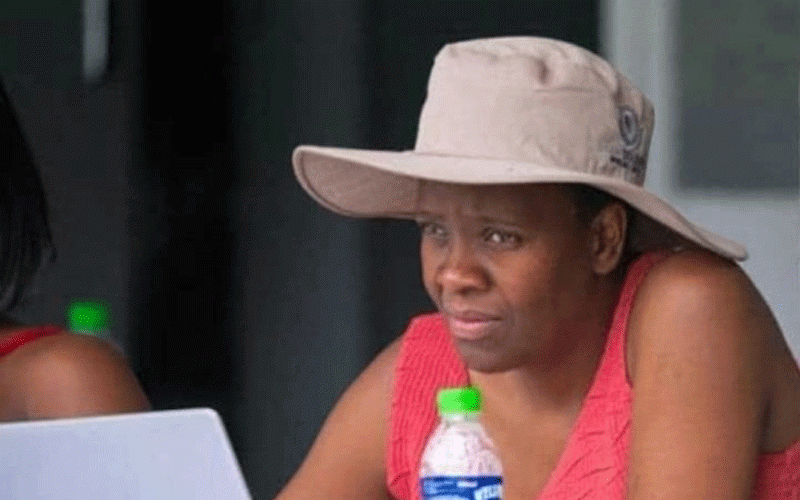
WITH politics being a pastime inside Zimbabwe rugby, accepting the post of Zimbabwe Rugby Union president was quite a courageous decision for youthful Themba Sibanda, who took over from Bruce Hobson this week.
It’s never easy, with a strong belief in the rugby circles that there are opportunists and armchair critics lurking along the way, ready to jump on any mistake made.
This is why you have to understand when Sibanda, 34, chose to be cautious in revealing his work plan – not promising much, yet clearly eager to make a difference and divert from his predecessor’s iron fist and hands-on approach. “I’m going to involve a lot of people,” he says. “I cannot formulate anything without including stakeholders; the schools, women, clubs and others. I need to incorporate all of them. My plan is to have a meeting with various stakeholder groups before formulating anything.”Diverse views have been expressed over the state of rugby in the country, uppermost being the different levels of the Sevens and XVs games. Sibanda does not have an illusion about the health of the game. “We still got rugby, at least,” he says. “That alone is positive. Sevens have done well but we need to revamp XVs because it’s our flagship game. We need to emphasise that.“Clubs are still going, which is another positive. It’s just a matter of building on that by helping development clubs such as Mbare, Mabvuku and Untouchables, which have fallen by the wayside. Then there are also clubs in Bulawayo and (the) Midlands which need our help.”Development is a subject which excites the otherwise calm Sibanda, perhaps because of his own background – attending a school that was never a powerhouse in the sport. Born in Lupane, Matabeleland, and then growing up in Harare, he was introduced to the game in Grade 3 at Vainona Primary School. He proceeded to Vainona High, where he played for six years. At Harare Sports Club where he became club chairman, he had a special interest in juniors and women. With his older brother, HSC coach Sykes Sibanda, he was instrumental in twinning the club with Churchill High School, an exercise which saw a number of talented youngsters from the school getting special attention at “Sportivo”.For Sibanda, development in Zimbabwe rugby should not be a grassroots exercise in the common context of development.“The structure is already there. We need to support the existing structures that are not doing well,” he says. “You cannot talk of developing rugby at grassroots level when schools or clubs that used to play the game no longer play. After we have revived these structures then maybe we can turn to grassroots. “For example Churchill used to be a powerhouse but now they are struggling. And this is a feeder school. We need to look into that. How to do it is obviously by consultation.”Sibanda will of course be hard-pressed to breathe life into the Sables. To allow teams that sailed through to the next rounds of the 2011 World Cup qualifiers adequate time for preparations, the Confederation of African Rugby (CAR) has shelved this year’s edition of the Africa Cup, replacing it with regional one-off tournaments.The Sables will play Zambia, Botswana and Swaziland in a CAR trophy event in Gaberone in July. The Sables will play additional test matches in the year. “My vision for the national team is to give more emphasis to players settling in the national team. I think we need to have a feeder group, or say, two feeder representative teams,” Sibanda says. “We’ve got players who play for the Under 21s in a given year, become over-aged in the following year but would still not be ready for the national team. They then get tired of waiting. In between there is need to have another team they can aspire to play for.“We need to have an Emerging Sables or something like that – perhaps a Zimbabwe A side. (However) the biggest problem is finance. Once you have teams they need to play. If you don’t have finance, they will fall by the wayside.”Last month in an interview with this paper, new sports minister David Coltart said he would try to get the Zimbabwe national side in a competitive domestic league in South Africa. Sibanda also sees this as a possibility. “We could do that but it boils down to finance. As a union, with what we get as a grant, we cannot afford to do that unless there is corporate support. We also need government to get involved in rugby. “Playing in SA is a good idea because you get to play week-in-week-out and your skills level improve. What we lack is finance. Talent-wise, we are prepared for any team. In 2007 we played the Emerging Springboks at Loftus before the South Africa/England test. We were very competitive. If we had prepared better we could have upset them. It all boils down to preparation and preparations boils down to finance.”
BY ENOCK MUCHINJO











